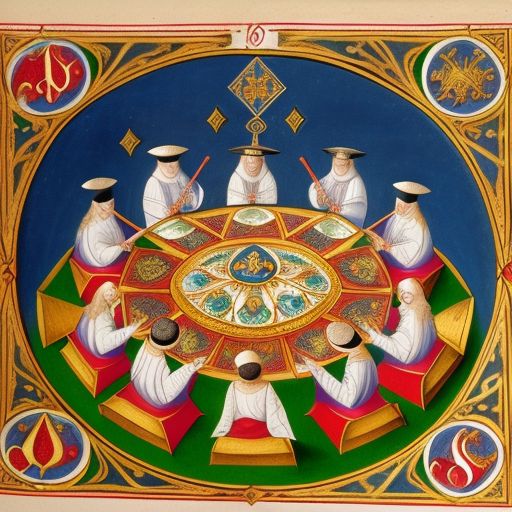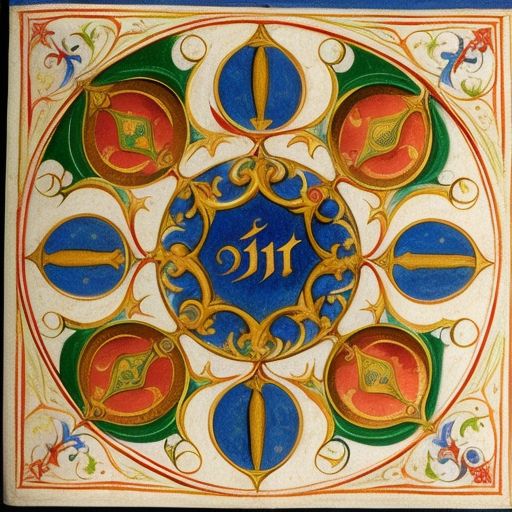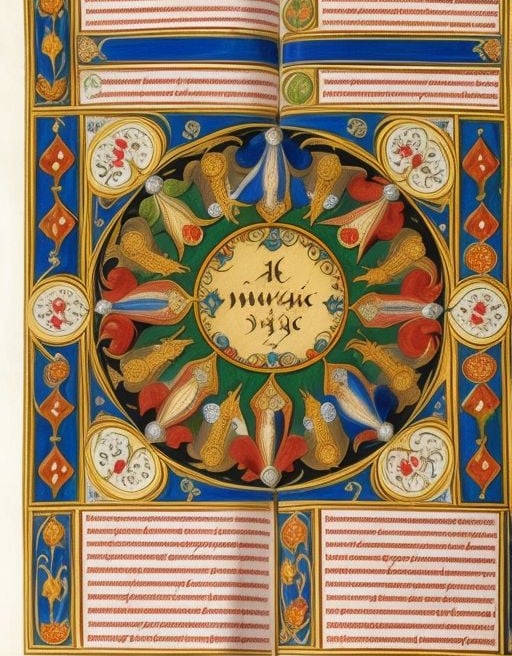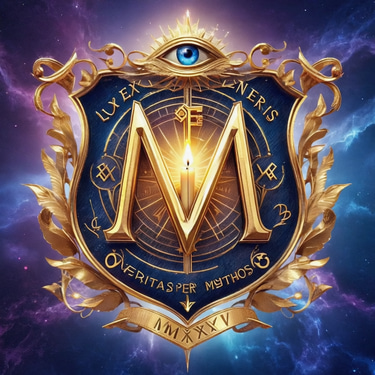What is Magic?




An Introduction to Magic: Understanding the Ancient Art
The Nature of Magic
Magic, as understood through centuries of esoteric tradition and scholarly investigation, represents far more than the theatrical illusions or supernatural fantasies commonly depicted in popular culture. At its core, magic constitutes a comprehensive worldview and practical methodology for understanding and working with the hidden forces that govern both the natural world and human consciousness. This ancient art bridges the perceived gap between the material and spiritual realms, offering practitioners a means to engage with reality on multiple levels simultaneously.
The word "magic" itself derives from the Greek "mageia," referring to the practices of the Persian Magi, priest-philosophers who served as intermediaries between the divine and mundane worlds. This etymology hints at magic's fundamental character: it is simultaneously a spiritual discipline, a natural philosophy, and a practical art. Unlike modern scientific materialism, which tends to compartmentalize knowledge into discrete fields, magic operates from a holistic perspective that recognizes the interconnectedness of all phenomena.
The Philosophical Foundation
Central to magical understanding is the principle that consciousness and matter are not separate entities but different aspects of a unified reality. This perspective suggests that the human mind possesses latent capabilities that extend beyond ordinary sensory perception and rational analysis. The magician seeks to develop these dormant faculties through systematic training, meditation, and ritual practice.
Magic operates on the fundamental premise that the universe is governed by correspondences—patterns of similarity and connection that link the macrocosm (the greater universe) with the microcosm (the individual human being). This doctrine of correspondences forms the theoretical basis for magical operations, suggesting that changes effected in one realm can produce corresponding changes in another. The famous axiom "As above, so below" encapsulates this principle, indicating that the patterns observable in celestial movements, natural cycles, and cosmic processes are reflected in human experience and individual consciousness.
The Psychological Dimension
Modern interpretations of magic, influenced by depth psychology and neuroscience, emphasize its psychological components. From this perspective, magical practices serve as sophisticated methods for accessing and reprogramming the unconscious mind. Rituals, symbols, and invocations function as a symbolic language that communicates directly with deeper levels of the psyche, bypassing the logical mind's tendency to dismiss or rationalize experiences that don't conform to ordinary reality.
The magician learns to work with archetypal forces, universal patterns of meaning that Jung identified as fundamental structures of the human psyche. Through ritual and meditation, practitioners develop the ability to consciously engage with these archetypal energies, using them to facilitate personal transformation and, according to magical theory, to influence external circumstances through the principle of synchronicity.
This psychological understanding doesn't diminish magic's potential effectiveness but rather provides a framework for comprehending how magical practices might produce tangible results. By accessing deeper levels of consciousness, the practitioner may develop enhanced intuition, greater self-awareness, and an improved ability to recognize and act upon meaningful patterns and opportunities in daily life.
The Scientific and Natural Perspective
Contrary to popular misconceptions, serious magical traditions have never claimed to violate natural laws. Instead, magic proposes the existence of subtle natural forces and principles that mainstream science has yet to fully investigate or acknowledge. Many magical concepts anticipate modern scientific discoveries: the interconnectedness emphasized in magical thought parallels findings in quantum physics about the fundamental unity of matter and energy; the magical understanding of consciousness as an active force in shaping reality resonates with research in consciousness studies and the observer effect in quantum mechanics.
The magical worldview suggests that what we call "supernatural" phenomena are simply natural processes operating according to laws that extend beyond current scientific understanding. Lightning was once considered supernatural until the principles of electricity were discovered. Similarly, magic proposes that telepathy, precognition, and psychokinesis, if they exist, operate according to natural principles that we have not yet fully comprehended.
The Integration of Knowledge and Wisdom
Magic represents an attempt to synthesize empirical knowledge with intuitive wisdom, rational analysis with direct experience, and practical skill with spiritual development. The serious practitioner approaches magic as both an art and a science, requiring rigorous study of traditional texts, careful observation of natural phenomena, and systematic development of inner faculties through meditation and contemplative practice.
This integrative approach distinguishes authentic magical traditions from mere superstition or wishful thinking. True magic demands intellectual honesty, emotional maturity, and ethical responsibility. It requires practitioners to develop discernment between genuine insight and self-deception, between meaningful coincidence and random occurrence, and between beneficial and harmful applications of acquired knowledge.
The magician seeks to become what medieval alchemists called the "philosopher", one who has integrated knowledge and wisdom, theory and practice, human and divine consciousness. This integration represents not an escape from the natural world but a deeper engagement with it, recognizing the sacred dimension inherent in all existence while maintaining practical effectiveness in daily life.
Contemporary Relevance
In our current era of rapid technological advancement and environmental crisis, magical perspectives offer valuable insights into the nature of consciousness, the interconnectedness of all life, and humanity's proper relationship with the natural world. Magic's emphasis on personal responsibility, ethical development, and reverence for nature provides a counterbalance to purely materialistic worldviews that have contributed to many contemporary problems.
Furthermore, magical practices offer practical tools for psychological well-being and personal development. Meditation, visualization, ritual work, and symbolic thinking can enhance creativity, reduce stress, and promote psychological integration. Many therapeutic modalities now incorporate techniques that were once considered purely magical, recognizing their effectiveness in facilitating healing and personal growth.
Magic, properly understood, represents humanity's ancient wisdom tradition, a comprehensive approach to understanding reality that honors both rational inquiry and intuitive knowledge, both individual development and cosmic harmony. It offers not escape from the world but deeper engagement with it, providing tools and perspectives for navigating the complexities of human existence with greater wisdom, compassion, and effectiveness.






I Believe in Magic
© SDBEST LLC, 2025. All rights reserved.
Privacy Policy
Sponsorship Disclosure
Cookie Policy
Disclaimer
